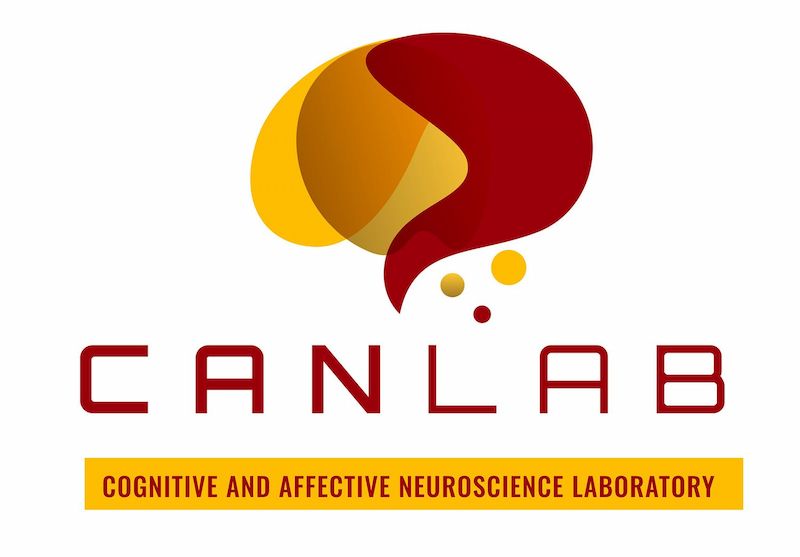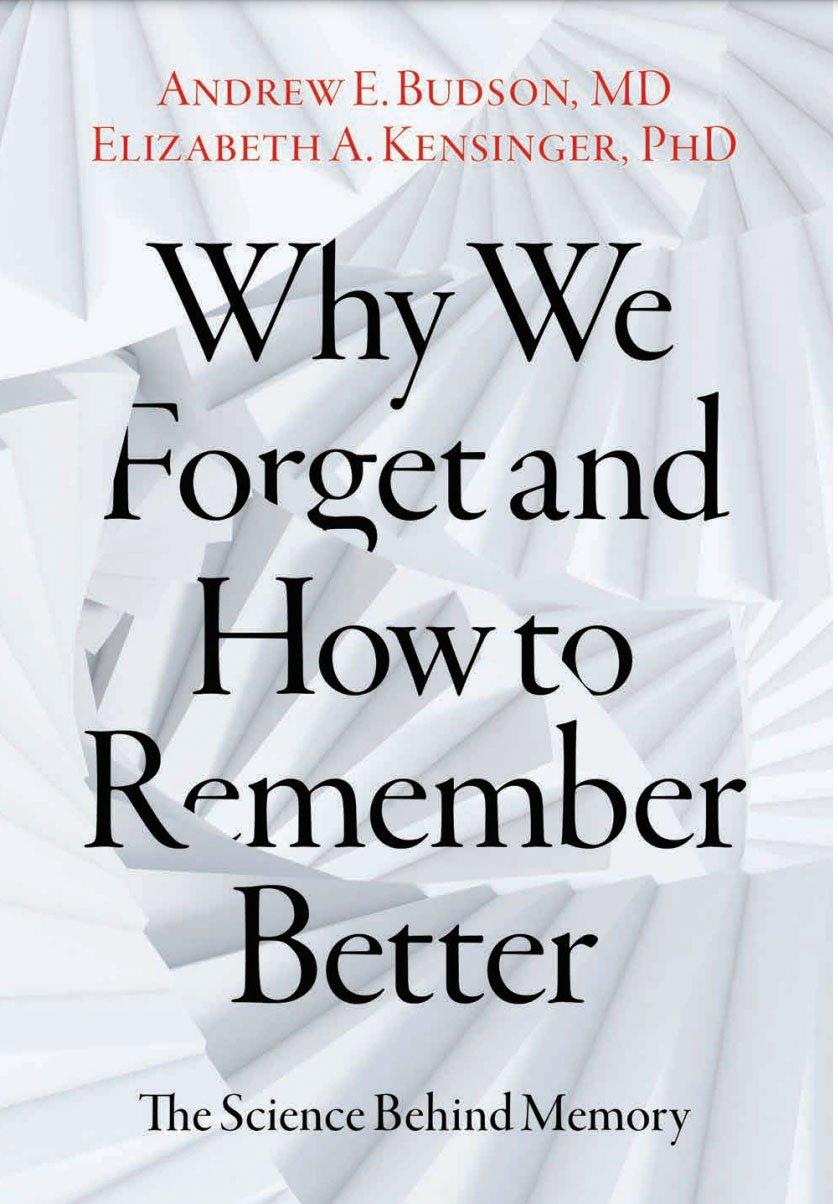The Cognitive and Affective Neuroscience Laboratory at Boston College combines behavioral and brain imaging techniques to understand how cognitive processes (such as memory and attention) and affective processes (emotion and motivation) interact and influence one another. We are interested in understanding these processes in young adults and in identifying how these processes change across the adult lifespan.
Our Research Approach
We combine multiple techniques and levels of analysis. We use controlled laboratory experiments to pinpoint the effects of emotion on memory, but we also are interested in the real world extensions of our findings, assessed through experiential reports and autobiographical memory assessments.
We think that studying the brain can give further insight into why emotional memories feel subjectively vivid and contain some details but not others. To this end, we often combine behavioral testing with the use of fMRI and ERP to understand the effects of emotion at both a cognitive and neural level.
Sleep is intricately connected to both emotion processing and memory, and when we are deprived of sleep, both can go awry. We use polysomnography and actigraphy to monitor sleep and to examine how sleep enables information to be retained over time.
We use eyetracking to provide greater leverage on questions regarding the interactions between attention and emotion. We look to people's eye gaze patterns to understand what they find significant about an experience.
We use psychophysiological recording, monitoring heart rate, breathing rate, and the sweat response, to provide objective assessments of the emotional reactions that people have during an experience. We are interested in how these responses affect the initial processing of an event and the way the event is remembered.
The brain is continually changing, and being changed as we learn from our experiences. We study adults of all ages to understand how a lifetime of accumulated knowledge, as well as the brain changes that accompany aging, affect how we process and remember emotional experiences.
CANLAB@BC

Where memory and
emotion meet

2024 PROSE Award Winner—Biomedicine and Neuroscience
Available in English as an e-book, in print, or as an audio book. It also has been translated into simplified Chinese, Spanish, and other translations are in the works.
“ Remembrance of things past is not necessarily the remembrance of things as they were. ”


